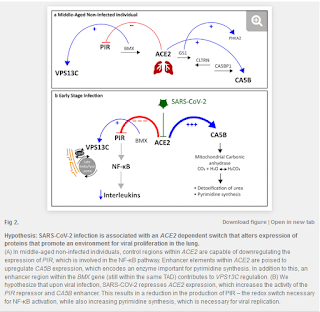Wakame and Fucoidan
Fucoidan is a sulfated polysaccharide found in brown seaweed that varies in molecular weight and composition. Wakame ( Undaria pinnatifida ) is a brown seaweed commonly consumed in Japan and is a main ingredient in miso soup and is also served as a salad. Recently it as been reported that fucoidan can inhibit SARS-CoV-2 replication in vitro: https://www.nature.com/articles/s41421-020-00192-8 Of course it remains to be demonstrated in humans, but it's a start. ~ Wakame fucoidan could be useful for Covid-19 since it inhibits thrombosis without increasing bleeding time: https://pubmed.ncbi.nlm.nih.gov/22084059/ The Min et al. (2011) study also found in comparison to wakame fucoidan, fucoidan from bladder wrack inhibited thrombus formation, but bleeding time was prolonged (but not as much as for heparin). An important caveat when considering the therapeutic potential of seaweed/fucoidan is that there are differences in biological activities in fucoidans from differen...
